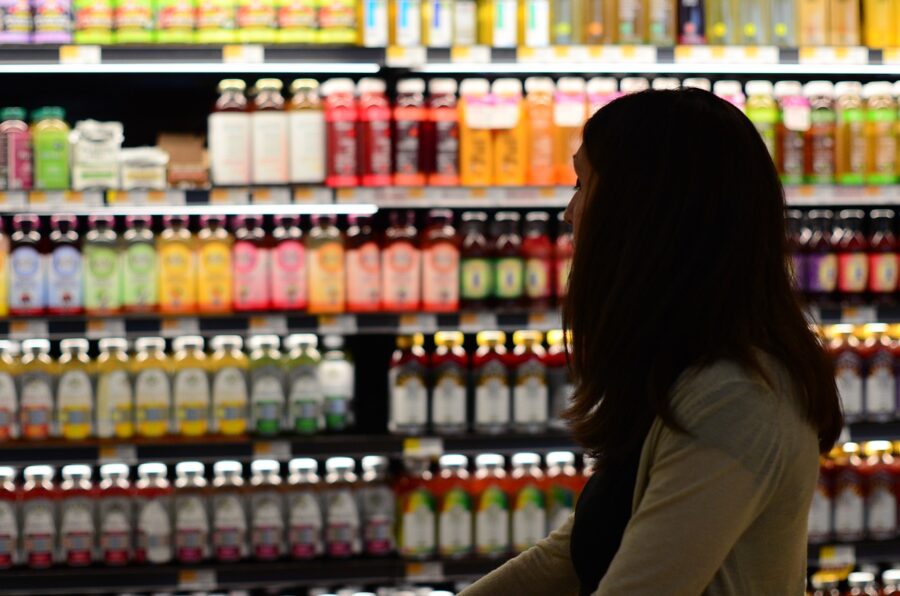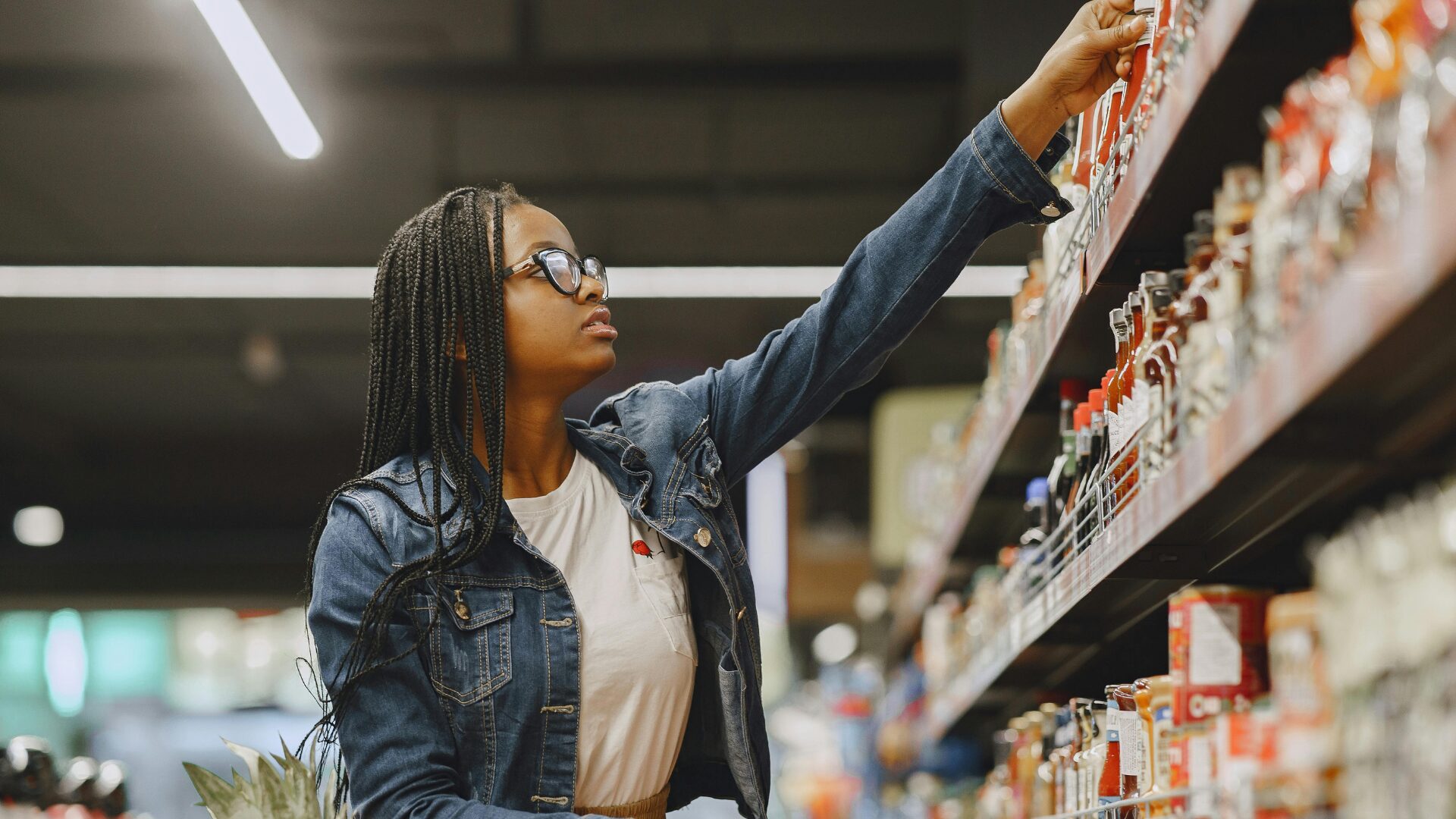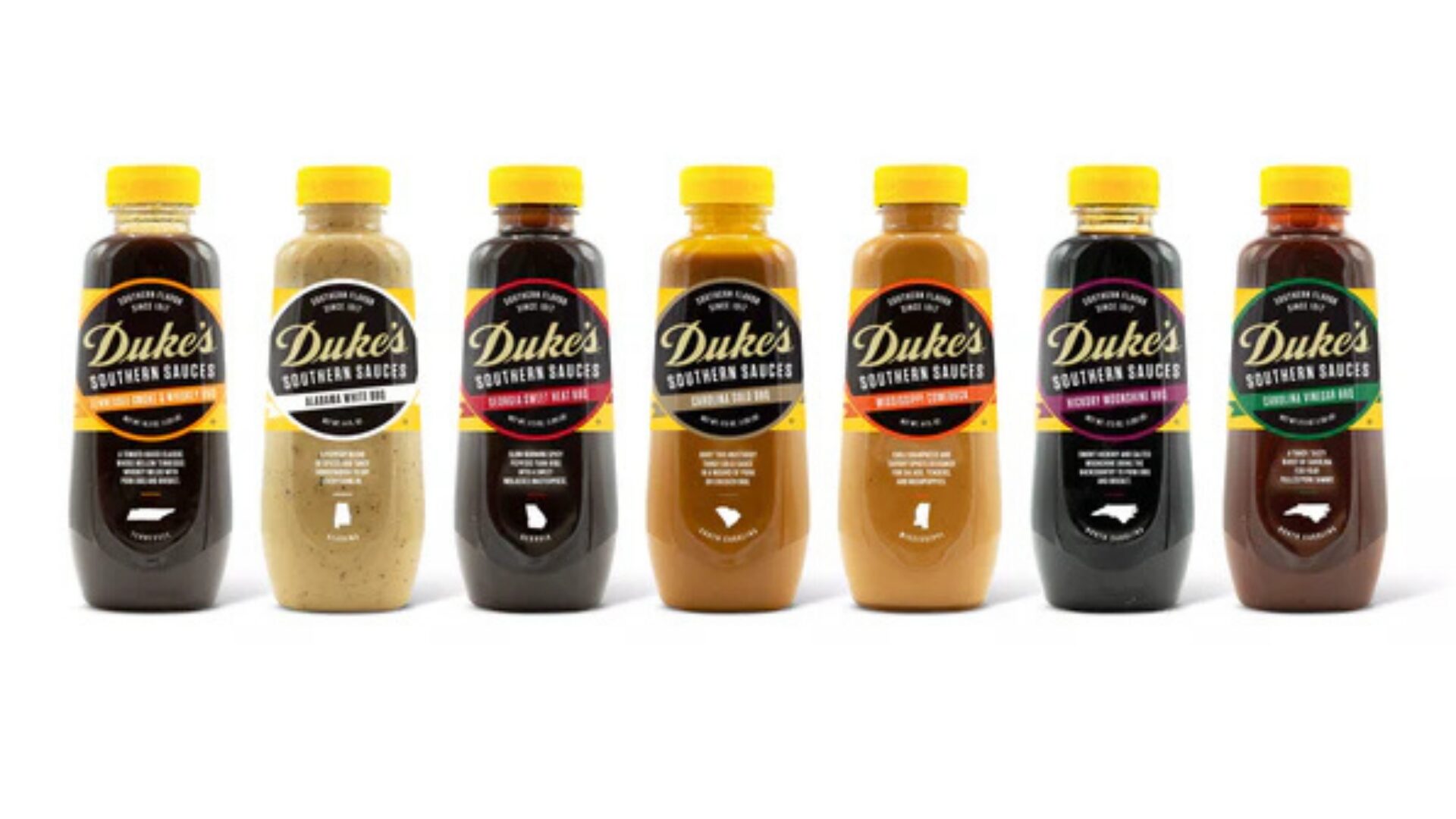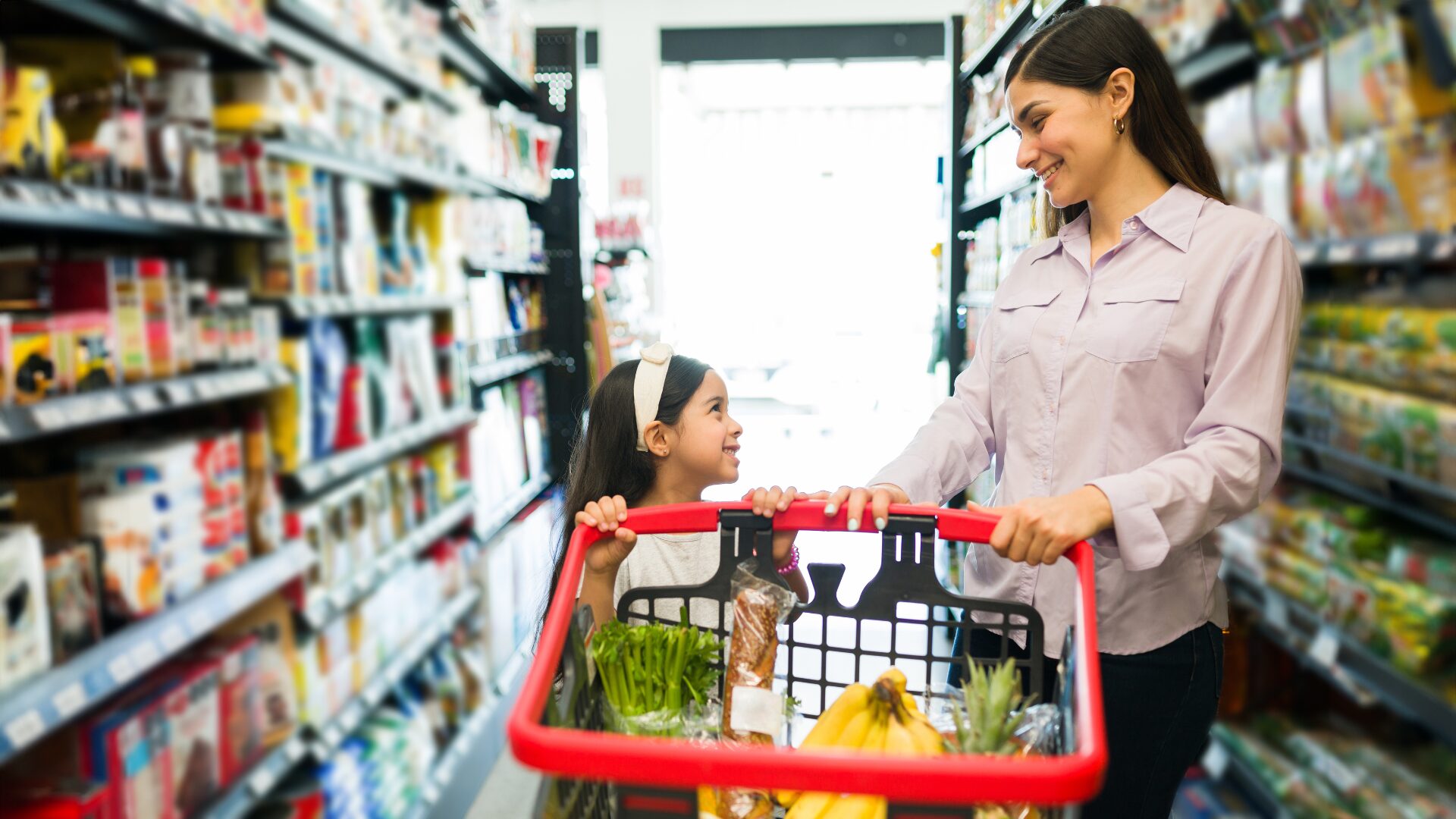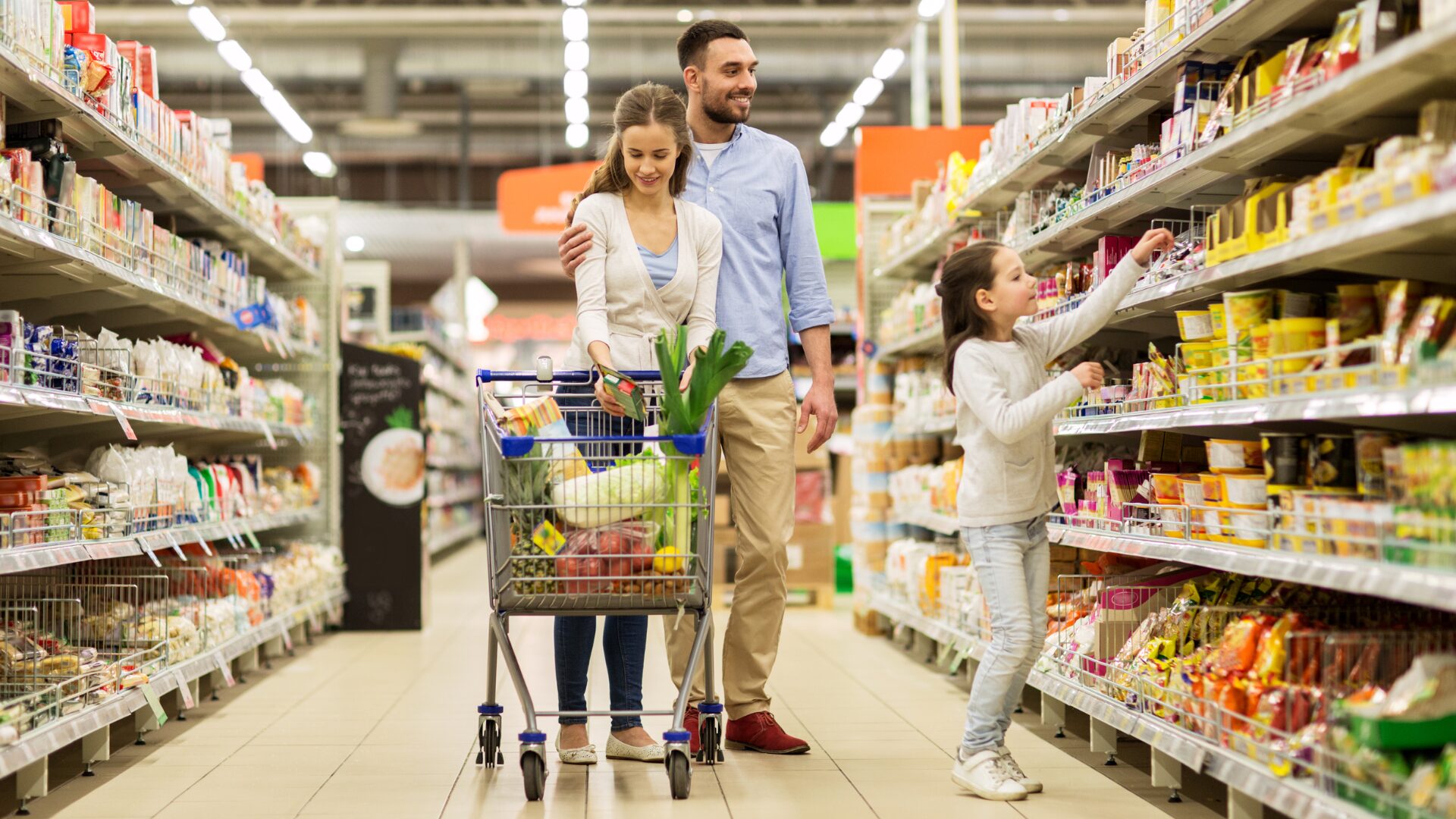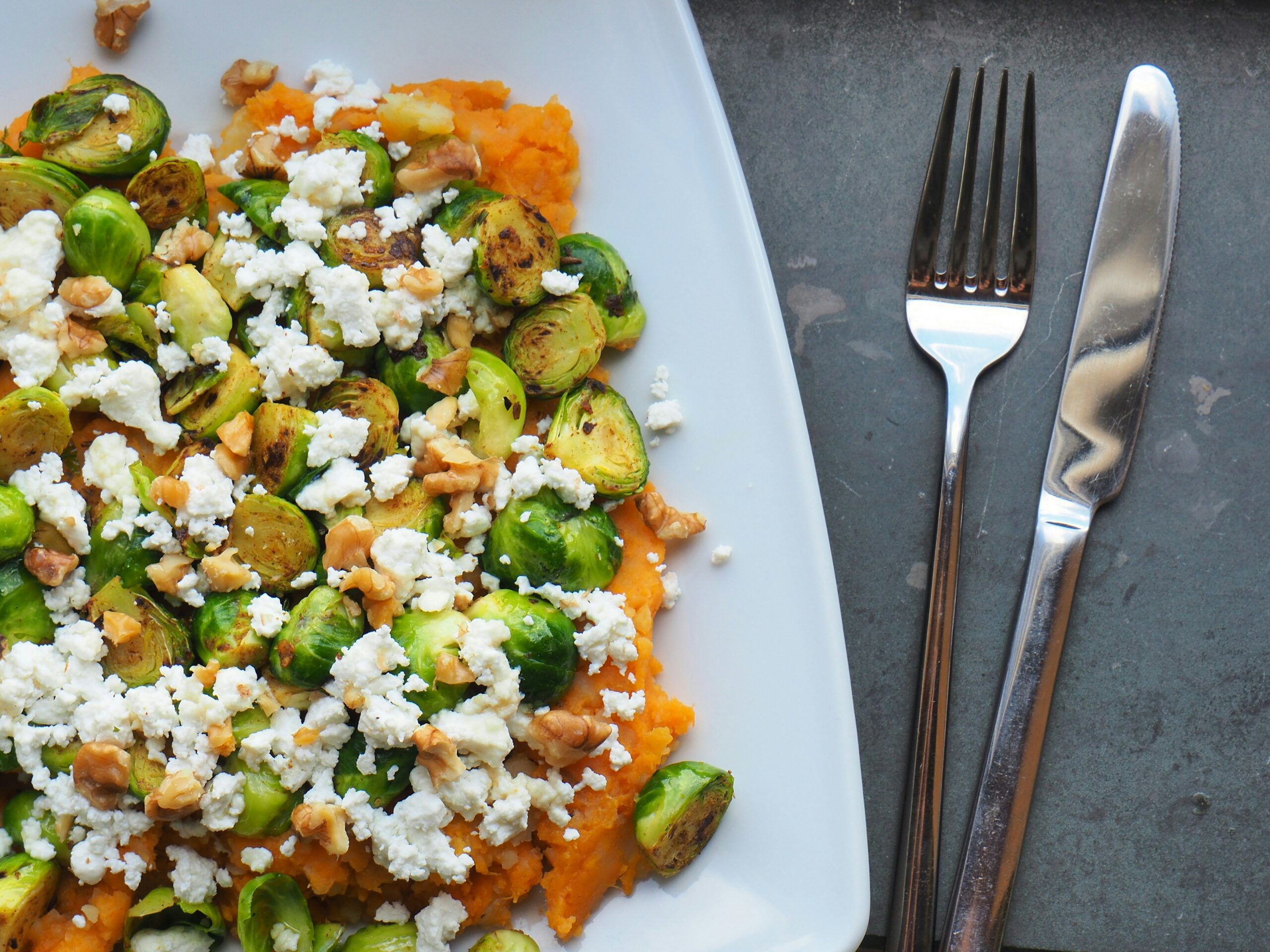In trying to control household costs, consumers often turn to private-label products, which the Private Label Manufacturers Association reported grew at 11.3% — to a record $228.6 billion last year.
“Lacking the marketing cost component typical of the branded industry, they provide a low-cost but often similar quality alternative to regional, national or international brands,” Statista noted, adding that the pandemic-induced recession pushed market share to 19.5% in 2020.
“Private label is always going to have a place during tough economic times, but this largely is driven by price alone,” said Kevin Kirby of Wise Athena, which uses A.I. and machine learning along with historic data to predict pricing for consumer packaged goods.
“Expect the name brands to counter this with more creative in-store promotions over the next six months. This will slow the rate of private label growth,” Kirby told The Food Institute.
The Statista data bear this out: Private label market share fell back to 17.7% as the economy improved. But with rising inflation, consumers likely will start pinching their pennies again.
CONSUMERS POSITIVE TOWARDS PRIVATE LABEL
Nielsen IQ reported last March private food sales had increased 16% over the preceding two years.
“The biggest driver of this growth has been consumer concerns over inflation and an impending recession. When inflation peaked in October, value-based retailers’ sales jumped by 10%, capturing 42% of CPG sales. This coincided with private label CPG sales now accounting for 19% of total CPG sales worldwide and nearly 15% in the U.S.,” Nielsen said.
Progressive Grocer reported (July 31) most consumers have a positive attitude toward private labels. Private-label sales account for 77.5% of sales at Aldi, 59.4% at Trader Joe’s, 49.4% at Wegman’s and 33.5% at Costco.
Consumer research platform Attest reported 73% of consumers have acquired a taste for private-label brands and have no intention of returning to more expensive national brands. The survey also found that lower pricing was four-times more effective than special offers and promotions in motivating consumers, and most said they would buy a product if it were discounted by at least 20%.
MAJOR RETAILERS A KEY FACTOR
Jeremy King, CEO and Founder of Attest, said the national brands need to give consumers a compelling reason to switch back.
“Value grocery stores have historically accounted for a large portion of the appeal of private-label consumer packaged products,” said Abdul Saboor Khan, head of marketing for Our PCB. “Recently, a number of stores have increased their private label initiatives, including Target, Kroger, Aldi, Thrive Market and even Amazon.”
Chris Gonzalez, private label marketing manager for Private Label Express, said the public is far more comfortable with the level of quality of private label manufacturers’ products compared to national brands.
“Amazon has played a huge part in normalizing this and the pandemic forced many of the later adopters to get off the fence and give them a try,” Gonzalez said. “Most successful private label brands uniquely cater to very niche customer segments in a way that a nationally focused brand isn’t equipped to compete with, giving them a decisive competitive advantage with hyper-focused marketing initiatives.
“It will be up to national brands to either purchase and integrate these upstart private label brands or prove to the public at large that they’re still in touch with what the people really want.”
The Food Institute Podcast
Click the play button above to listen to the episode.
While many dairy products require bacteria for production, not all cultures are made the same. Chr. Hansen microbiologist Shannon Neuens joined The Food Institute Podcast to explain his views on bio-protection – the use of microflora to extend a product’s shelf life – and also discusses how the company’s line of cultures can be used to bolster nutrition and improve taste.


